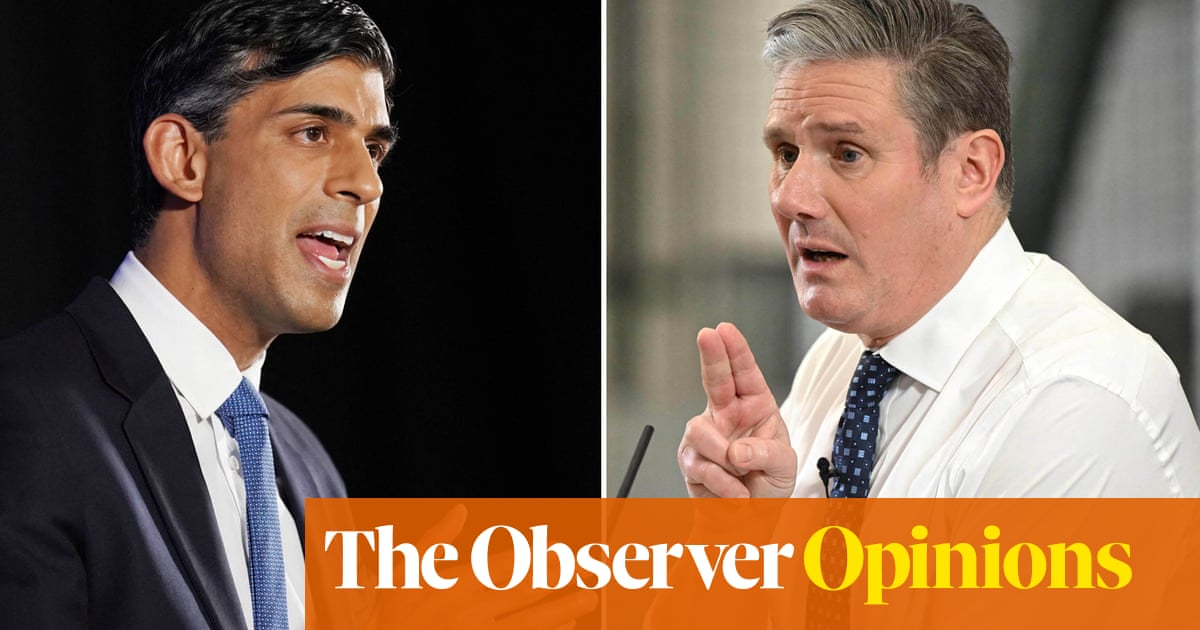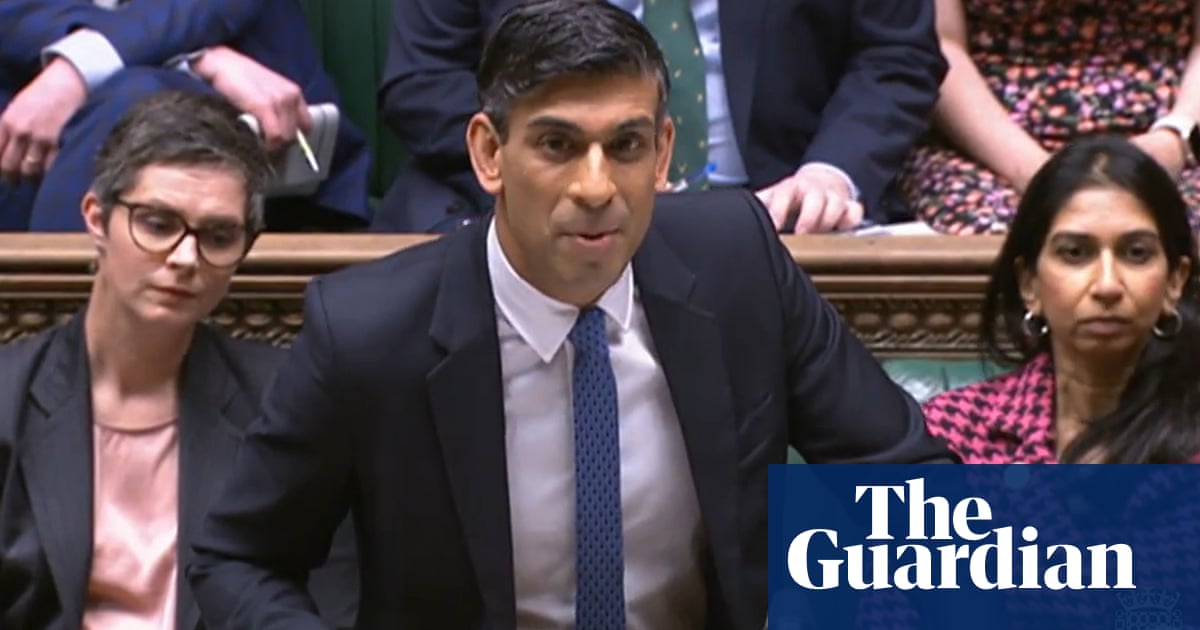
It can’t have been for the peerage, because former prime ministers can usually get a berth on the claret-coloured benches of the Lords for the asking. It can’t have been for the salary, because his piggy bank is well-stuffed after spending his post-Downing Street life truffling for gold. It can’t be with any expectation that he will enjoy a long stretch at the Foreign Office because a job in this government is a short-term contract subject to termination by the voters within a year or so.
George Osborne and other chums of David Cameron say he is purely motivated by a burning yearning to return to “public service”. If you believe that, I am in the fortunate position of being able to sell you a miracle potion that guarantees eternal life.
On the account of the Cameron circle, he was “bored to tears” with political exile and wanted to do “something more interesting with his life”. There’s certainly never a dull moment with this febrile Tory government, but ennui is not normally considered a qualification for high office. The most plausible explanation is that he doesn’t want history to remember him only as a disgraced failure. He hopes a stint of globetrotting and hand-shaking for Britain might scrub off some of the stink on him, as if a senior job in the cabinet is supposed to be a kind of laundering service for a man who stained his reputation with scandal after self-destructing his premiership.
What about Rishi Sunak? What possessed him to think it was an attractive look for an unelected prime minister to appoint an unelected foreign secretary? Words like “experience”, “grownup” and “heavy-hitter” are tossed about by Number 10 people, implying that the rest of the cabinet are juvenile lightweights. Some politicians and pundits have gone in search of deeper meanings. The second coming of Cameron is an abandonment of the red wall, cry angry Brexity Tories. It is a move to the centre, say those moderates who would like it to be so. They must have forgotten how Mr Cameron, a rough austerity premier under his smooth veneer, actually governed most of the time.
I think it a waste of energy to seek signs of strategic intelligence in his return from the wilderness. This does not clarify what Mr Sunak is supposed to be about; it makes the picture even more incoherent. At the Conservative conference just six weeks ago, the Tory leader tried a rebrand by proposing himself as the “change candidate” who would end what he called 30 years of failure by his predecessors at Number 10. At the time, I called this pitch “the audacity of the desperate” that would never fly with voters. No one has made it more ridiculous than Mr Sunak himself. He has brought back into government a man who was at Number 10 for six of the past 13 years. There’s no logic to marketing yourself as “the change” and then resurrecting the first of the five Tory prime ministers of this protracted period of Conservative rule. The more they see of Mr Cameron, whether he is swanking along Downing Street or strutting on what is loosely called “the world stage”, the more voters will be reminded of how long the Tories have been in power.
What the average Conservative MP most craves is something, anything, that will change the doom narrative around this deeply unpopular government. Mr Sunak’s conference speech, forgotten almost as soon as he had delivered it, disappointed them. So did the legislative agenda outlined in the king’s speech, a pudding without a theme. “Nothing is moving the dial” is a typical complaint from Conservative MPs twitching over the size of their majorities. Mr Cameron is surely not the magic additional ingredient that will make the Tories suddenly look more enticing to the electorate. No one had been marching on Parliament Square crying: “What do we want? Cameron back! When do we want it? As soon as he’s chosen his title!” He’s gone for Baron Cameron of Chipping Norton rather than Baron Greensill of Sleaze. His period in power is principally defined by the fiscal squeeze that hollowed out public services, suppressed growth and helped fuel the vote to quit the EU. For remainers, he is the glib chancer who gambled his country’s future on the Brexit referendum and lost. Hardcore Brexiters are fulminating that his return represents a remainer “coup”. That’s a nonsense, but it is a trouble-making nonsense that will have a significant audience in the Tory party.
The best thing that can be said for bringing Mr Cameron back from the political dead is that it had shock value. On the day it was announced, the sound of jaws hitting floors was deafening. This pleased Number 10 by diverting attention from the eviction of Suella Braverman from the cabinet. It also provided an alternative topic of conversation to the prime minister’s many difficulties The respite lasted for, well, almost 32 hours.
The ex-home secretary then released a feral resignation letter that savaged Mr Sunak’s character by depicting him as a cowardly, untrustworthy and prevaricating weakling who is betraying “authentic” conservatism. One acerbic senior Tory remarked to me: “Since this is all about her becoming leader of the opposition (after the election), how small an opposition does she want to lead?” The new foreign secretary’s China connections started to come under fierce scrutiny, as did his record in foreign policy where the blunders are much more palpable than the triumphs. A week that got progressively worse for Mr Sunak climaxed with the supreme court torpedoing his flagship pledge to “stop the small boats” with a unanimous and crushing judgment striking down as unlawful the scheme to deport asylum-seekers to Rwanda. What to do about this humiliating reversal – chuck in the towel, double down or go totally tonto – has triggered a Tory convulsion. The head-bangers, whose numbers include Lee Anderson, the Sunak appointee as deputy chairman of the party, are clamouring for the government to ignore the highest court in the land and “just put the planes in the air”, a new low for what used to be a party that championed the rule of law.
The passing voter will have better things to do with their lives than dwell on the details of the latest Conservative policy fiasco and the ensuing outbreak of blue-on-blue infighting. What they will probably clock is that the Tories are as riven as ever with ideological feuding and personal psychodramas of the kind that Mr Sunak was supposed to have put behind his party.
There is an interesting contrast to be drawn with how Labour has been managing its internal divisions over the Israel-Hamas war. We’ve just seen the largest parliamentary revolt against Sir Keir Starmer of his time as leader. Fifty-six Labour MPs, more than a quarter of the total, rebelled by voting for an SNP motion calling for a ceasefire in Gaza. Eight frontbenchers either quit or were removed from post because they couldn’t support the leader’s position. Yet this was accompanied by much less visible turmoil for Sir Keir than might have been expected and not just because the Tories were gouging each other yet again. It was also because, while the Labour rebellion was large, it wasn’t noisy and nasty. The explosion was a controlled one. Both the rebels and the leadership behaved with restraint. The rebels did not run around screaming that their leader was a traitor to Labour values. Sir Keir didn’t receive any Labour equivalent of the poison pen Braverman letter to the Tory leader.
Jess Phillips, the most high-profile of the frontbench resignees, made a point of saying that she understood her leader’s position and there was “no animosity” between them. Sir Keir’s team did not issue vitriolic condemnations of the rebels as unforgivably disloyal nor sneer that they’d just kissed goodbye to ever holding a ministerial position in a Labour government. In a paradoxical way, this event underscored that Labour has become a disciplined party that so wants to win the election that it can keep a split civil even on an issue where passions are so intense.
By contrast, the Tories have become so wild that they can descend into uncivil war over just about any topic. Labour is hungry for power. The Conservatives are so factionally splintered that some of them are behaving as if they actively want to lose the election.
Rishi Sunak can’t control the Tory furies. And he should not expect much help from David Cameron. He is the fool who unleashed the demons in the first place.
Andrew Rawnsley is the Chief Political Commentator of the Observer












